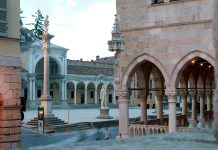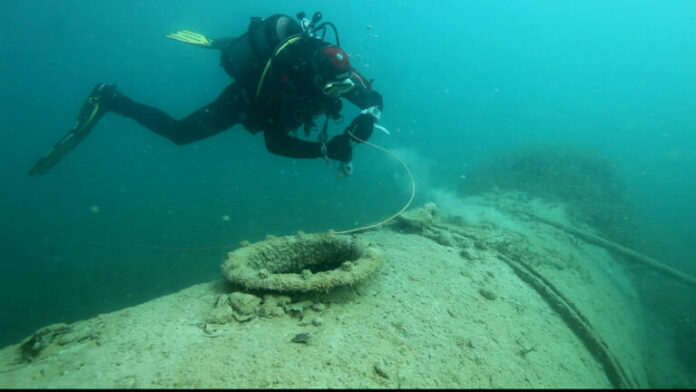by Alessandra Ressa
In the late 1960s, while the world gazed skyward at rockets and astronauts, a small corner of northern Italy turned its eyes downward — beneath the surface of a mountain lake. What unfolded was “Operation Atlantis,” an audacious attempt to build a kind of underwater city in Lake Cavazzo, better known locally as the Lake of the Three Municipalities.
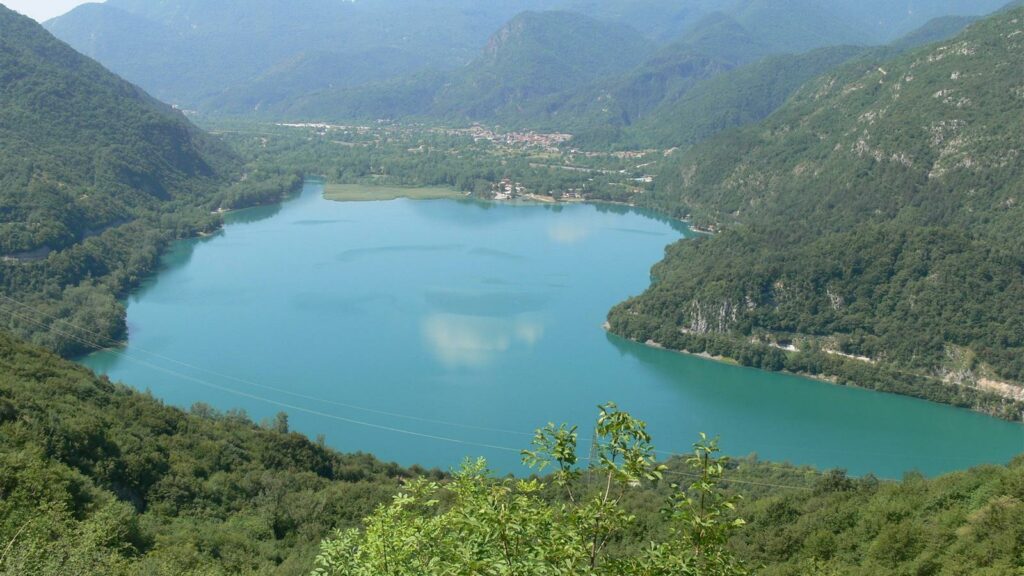
In September 1969, just weeks after Neil Armstrong set foot on the Moon, twelve young volunteers — eleven men from the region and a single teenager, 17-year-old Silvana Polese — descended more than 20 meters below the surface. For 25 days they lived in four pressurized steel cylinders, each seven meters long, linked together on the lake bed. Inside, the aquanauts created a miniature society: they cooked, showered, took phone calls, listened to the radio, and were constantly monitored for their vital signs. Food arrived from the surface in sealed containers. They never once came up for air.
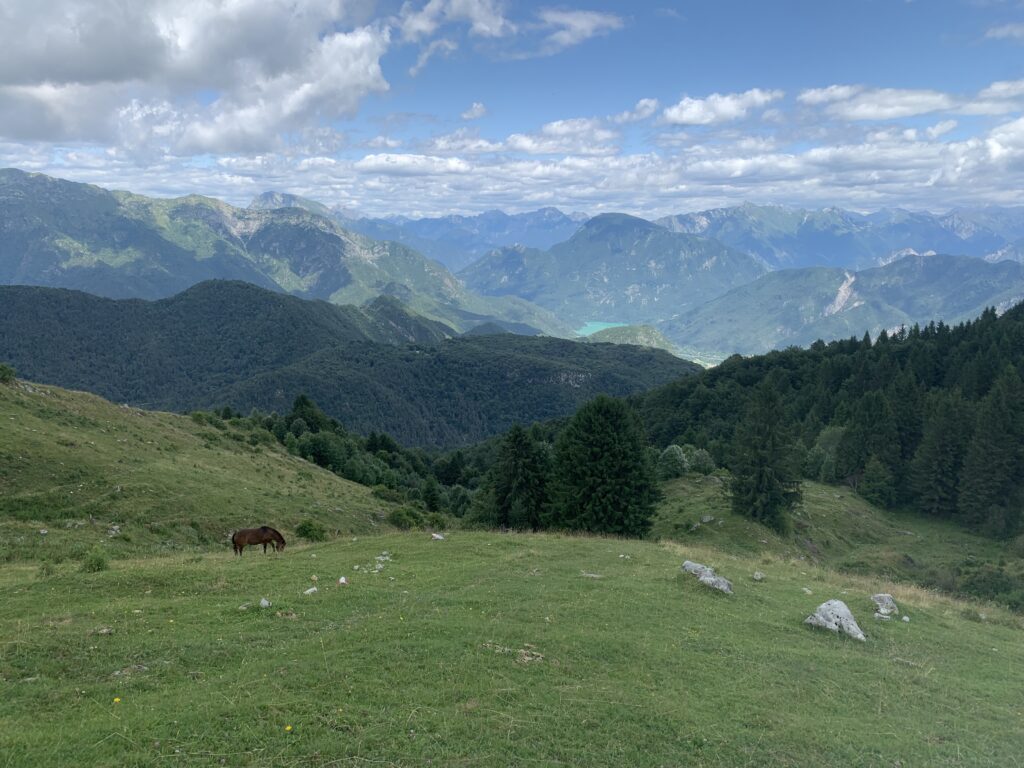
The mastermind was Luciano Mecarozzi, a speleologist and diving enthusiast from Udine. Backing soon followed from universities in Trieste and L’Aquila, the Italian Army and Navy, the Ministries of Defense and the Interior, and even ENI, the national energy giant. Regional authorities and sponsors pitched in funds, but the participants themselves also had to contribute. Training was brief and improvised — the aquanauts later recalled how they even had to paint the cylinders by hand to prevent rust.
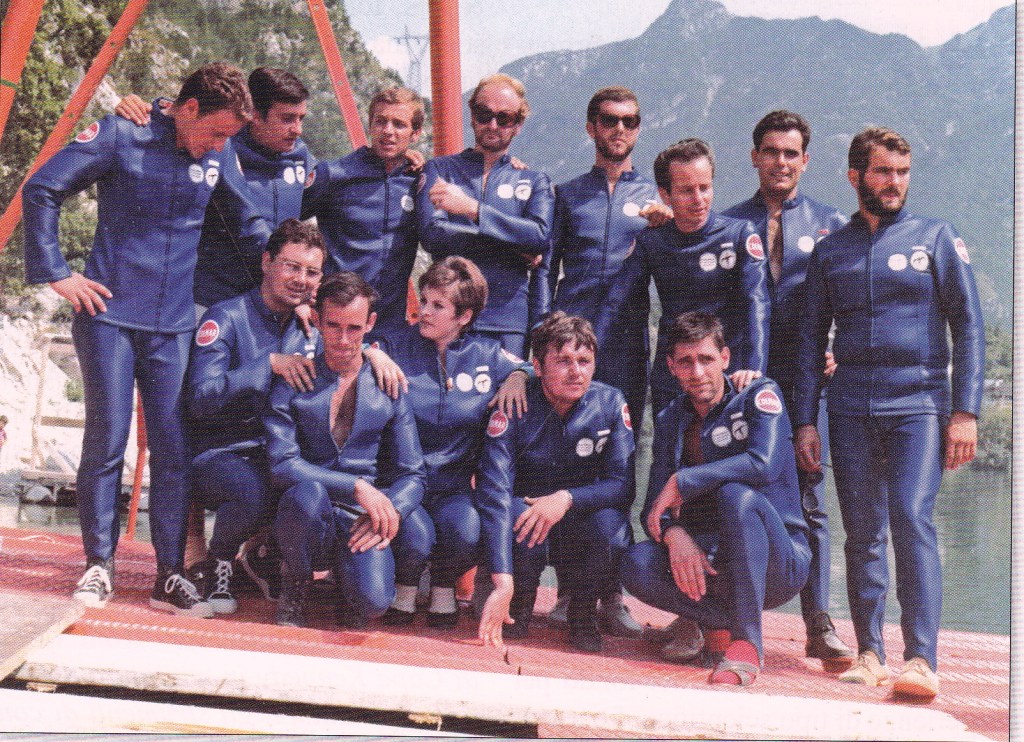
The experiment teetered constantly between visionary ambition and makeshift engineering. Early on, one of the cylinders detached because of an air bubble and plummeted to the bottom — a near disaster that underlined the risks. Yet when the mission finally ended, the aquanauts spent hours in decompression chambers before surfacing to a hero’s welcome: more than 5,000 people had gathered onshore. To the organizers, the goal was clear — they had proven it was possible to imagine “underwater farms” and research outposts for algae, oil, archaeology, and salvage. A medical director even declared that humans could adapt to such environments “for an almost unlimited period.”
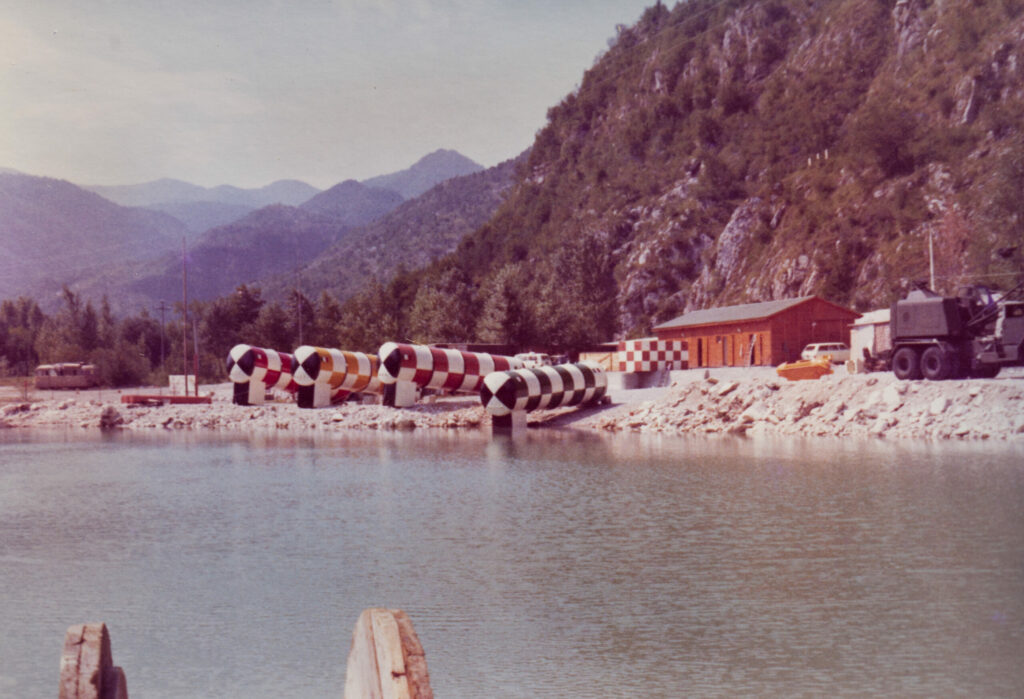
A second phase in 1970, involving shorter stays and fewer participants, focused on testing underwater pipelines for oil extraction. But safety procedures remained shaky, and funds quickly dried up. Still, the project caught international attention and led to three scientific papers on human physiology in hyperbaric conditions.
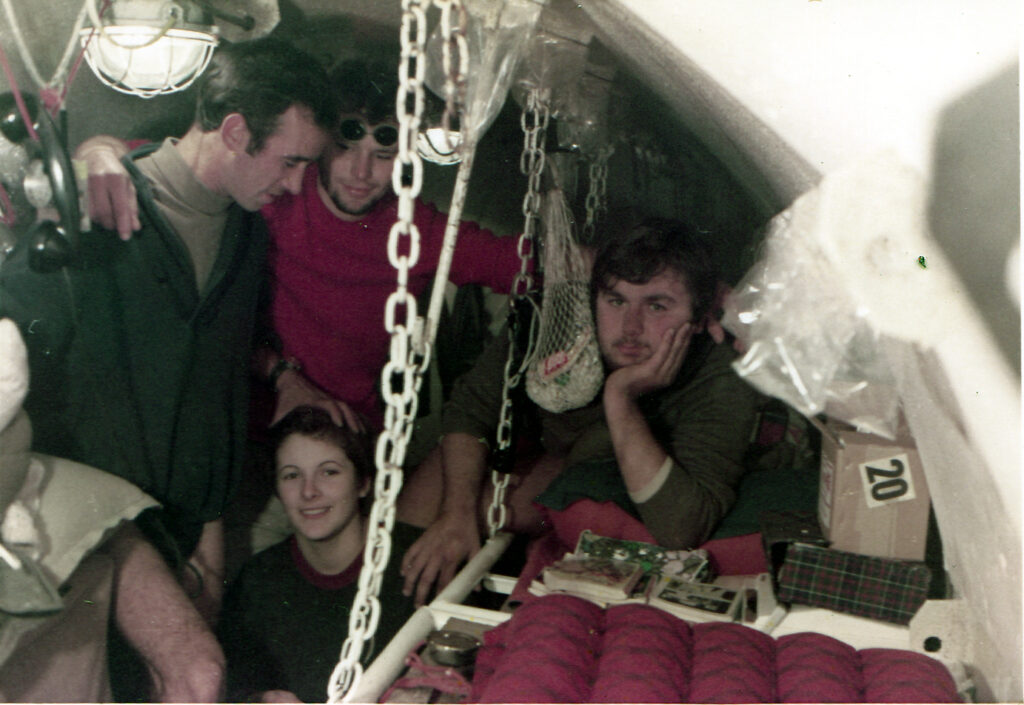
Half a century later, Operation Atlantis feels like a relic of a unique era, when optimism and risk often went hand in hand. In the shadow of the Cold War and amid the great technological races of the twentieth century, even a remote Alpine lake in Friuli became the stage for humanity’s boldest dreams — not of reaching the stars, but of building a world beneath the waves.



